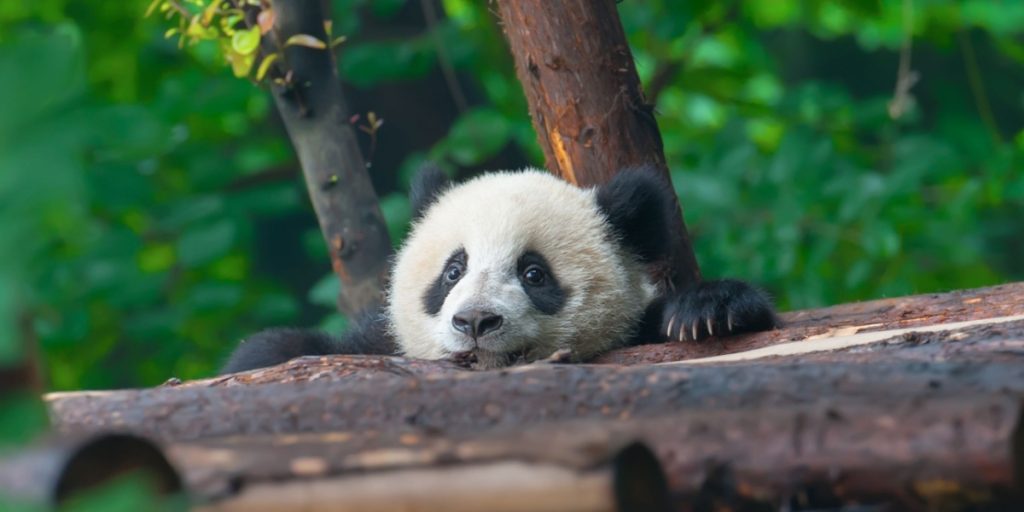Hong Kong’s first locally born giant pandas now have names.
Others are reading now
Hong Kong’s beloved baby pandas finally have names.
In a festive ceremony held at Ocean Park, the twin cubs were officially named Jia Jia and De De, chosen from over 35,000 public entries in a citywide naming contest.
The twin names, announced Tuesday via CNN, carry both cultural depth and local flavor.
“Jia,” used for the female cub, symbolizes family prosperity and auspiciousness, while “De,” the male cub’s name, represents success and virtue, the park explained.
Also read
In Mandarin, “Jia Jia” evokes the grace and happiness of family life, while “De De” shares the same pronunciation as the word for virtue, a trait pandas are believed to embody in Chinese culture.
But the names were also crafted with Cantonese in mind, a nod to the city’s primary spoken language.
“Jia” sounds similar to the Cantonese word for elder sister, while “De De” mirrors the Cantonese phrase for little brother, according to Ocean Park chairman Paulo Pong.
“It’s a very positive pair of names,” said Pong. “We have to be a bit creative here with the names.”
A Milestone for Panda Parenting
The panda twins’ birth in August was a landmark moment.
Their mother, Ying Ying, became the world’s oldest first-time panda mom.
Since their arrival, the cubs have become instant celebrities, sparking a wave of online affection and increasing foot traffic to Ocean Park.
Officials and business leaders now hope the “panda economy” — a term used to describe the tourism and commercial opportunities surrounding pandas — will help revive Hong Kong’s struggling leisure and tourism sector.
During China’s recent five-day May Day holiday, the park saw a 40% spike in both visitor numbers and revenue, according to Pong, a promising sign as the city looks to bounce back from years of pandemic-related slumps.
Pandas as Diplomats
Jia Jia and De De join four other pandas at Ocean Park, including their parents and two newcomers from mainland China.
With six pandas now on site, Ocean Park houses one of the largest panda populations outside the Chinese mainland.
Giant pandas, often considered China’s unofficial national mascot, play a key role in Beijing’s soft-power diplomacy, frequently loaned to foreign zoos to strengthen international ties.
In Hong Kong, they’re also a symbol of unity and joy — and potentially a business boost.
But caring for pandas isn’t cheap.
Last year, Ocean Park ran a HK$71.6 million ($9.2 million USD) deficit. Even with growing interest, the pressure is on to sustain momentum.


